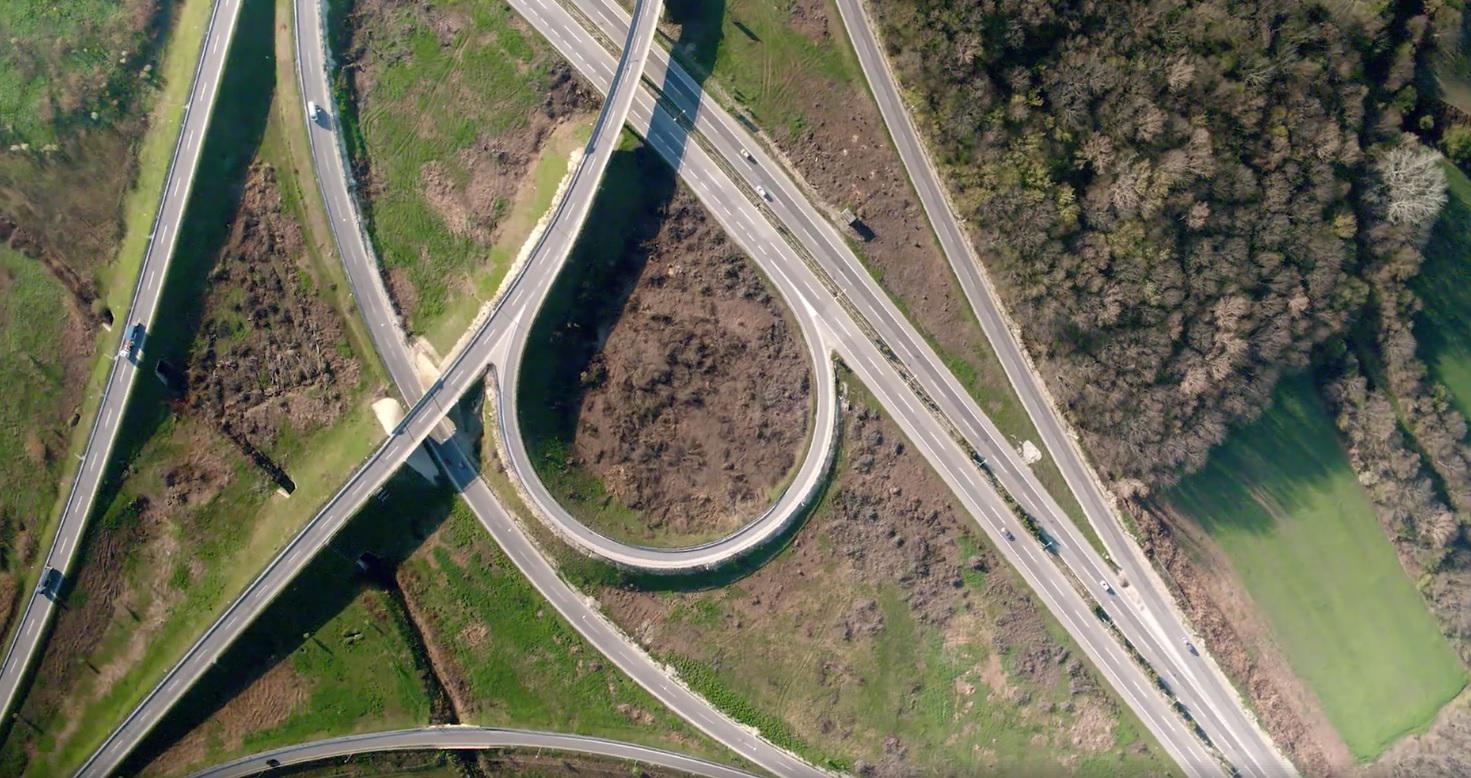Improving connectivity within the Western Balkans, as well as between the Western Balkans and the European Union, is a key factor for growth and jobs and will bring clear benefits for local, regional and European economies, as well as citizens.
28,2 kilometres of highway between Demir Kapija and Smokvica in the Former Yugoslav Republic of Macedonia were opened for traffic in late April 2018. This was the last missing link of the Pan-European Corridor X which runs between Salzburg in Austria and Thessaloniki in Greece, and consists of 2260 km of roads and 2445 km of railway including those across the Western Balkans countries: the Former Yugoslav Republic of Macedonia and Serbia.
“Corridor X is an essential European link which passes through the Former Yugoslav Republic of Macedonia. It will boost economic growth, facilitate mobility and ensure sustainable and safer travels”, Christian Danielsson, Director General for European Neighbourhood Policy and Enlargement Negotiations, said at the opening ceremony. The new motorway section is part of the total European Union investments in the country’s transport infrastructure, which in the past few years reached almost 325 million Euro. Over 100 km of highway network, 64 km of roads in more than 40 municipalities, 16 km of railway and 11 railway stations have been built and restored.
The European Union has recognised that improving connectivity within the Western Balkans, as well as between the Western Balkans and the EU, was a key factor for growth and jobs and could bring clear benefits for the region’s economies and citizens.
“Building and connecting transport and energy infrastructure is a driver for growth and jobs, and helps attract investments. It creates links and opportunities for businesses and people, as well as contributing to good neighbourly relations in the region. This is why we have put connectivity at the heart of our agenda, to improve links within the Western Balkans and with the EU,” Commissioner Johannes Hahn said.
The “Western Balkans Six” (Albania, Bosnia and Herzegovina, Kosovo, Montenegro, Serbia and the Former Yugoslav Republic of Macedonia) have made the Connectivity agenda one of their highest priorities, with a special emphasis on the preparation and financing of concrete regional infrastructure investment projects, but also on the implementation of technical standards and soft measures such as aligning and simplifying border crossing procedures, railway reforms, information systems, road safety and maintenance schemes. All these measures aim at shortening travel time, improving traffic safety and creating conditions for increasing the dynamics of transport and trade, as well as for further development of the overall economy to the benefit of both the EU and the region.
Well-developed and connected transport and energy infrastructure is vital to regional cooperation, economic growth and attracting new investment. The EU pledged up to 1 billion Euros for infrastructure in the Western Balkans and has set aside funds for related technical assistance. More than 500 million Euros have already been committed to specific projects. Continuing support and investment to provide more efficient infrastructure and energetic connectivity across the region is one of the six priority initiatives in the new EU Strategy for supporting the Western Balkans transformation. It foresees additional EU investments of over one billion Euros in the further development and infrastructure of the Western Balkan countries.




